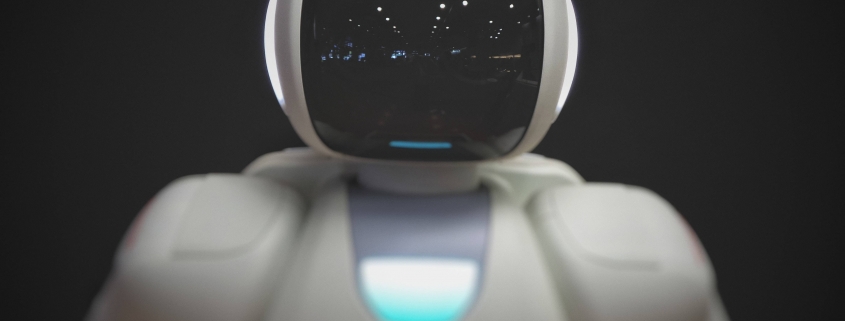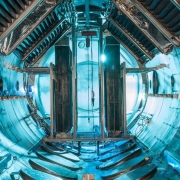The lure of AI helping automate the battlefield has long been a dream of battlefield commanders. Robots are expendable and don’t demand coffee breaks. The dream came to fruition in the jungles of Vietnam.
In 1970, as part of Operation Igloo White, the US navy dropped thousands of sensors into the jungles. These sensors were designed to detect the movement of Viet Cong moving kit to the battlefields.
The sensors radio signalled the data back to data centres – planes flying overhead. And the data found its way eventually to military planners who were able to model the movements of the fighters.
The theory went that within minutes warplanes would be on their way to carpet bomb these AI algorithmically-obtained grid square. And presumably destroying the sensory device in the process.
Operation Igloo White was a specular failure. It cost about $7.3bn in today’s money – $730,000 today for every truck destroyed—and did not stop the enemy’s movements.
Yet in recent years Hollywood has speculated on the attraction of AI warfare.
Arnold Schwarzenegger’s Terminator dramatised a future world of computers making decisions without the input of humans.
So is it likely that a world run by computers, talking only to computers, will becomes a reality?
According to a recent article in The Economist not any time soon.
Even with the current Moore’s Law trajectory of computer development, your coffee maker isn’t going to kick off and square up with a tea pot any time soon.
However, Artificial Intelligence or AI will change the world. Michael Horowitz of the University of Pennsylvania says AI is similar to the internal combustion engine or electricity—an enabling technology with a myriad of applications.
DeepMind a British a company – well, owned by Google – in 2016, wrote an algorithm that beat one of the world’s best players of Go, the Chinese strategy game.
The company followed up that achievement with the program AlphaStar that beat the world’s strongest players of StarCraft II, a real time video.
The AI algorithms in both events were able to see strategically, beyond the sight or comprehension of human players.
This capacity to think beyond the horizon, to see a route to solutions in a fraction of the time. This speed, rather than computer aided destruction Terminator-style, will surely be one of the greatest advantages of AI








Leave a Reply
Want to join the discussion?Feel free to contribute!